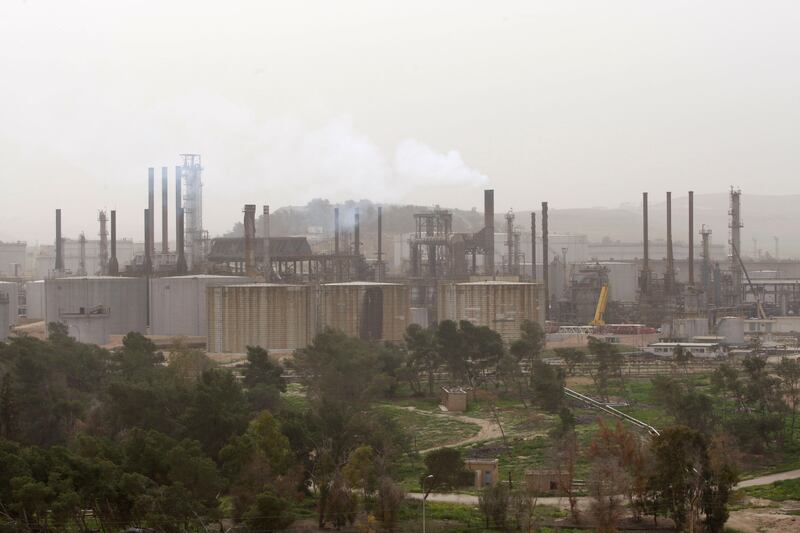Jordan’s King Abdullah ordered the government to temporarily stop collecting a 21 per cent tax on kerosene on Monday, the official news agency said, two weeks after protests erupted in the kingdom over rising fuel costs.
The price of kerosene will drop as a result to $0.87 per litre from $1.10 per litre.
“His majesty directed the government to freeze the kerosene tax during winter to lessen the burden on the citizens,” the agency said.
Kerosene is used mainly by poorer people in Jordan for heating in sobias, or portable heaters, as opposed to radiators that run on diesel.
Diesel and other oil products in Jordan will remain taxed at between 16 per cent and 75 per cent, depending on the type of fuel.
Four police personnel were killed as a result of protests and riots that mostly occurred in the southern governorate of Maan and other outlying areas in the middle of last month in response to sharply rising fuel costs and worsening living standards.
These areas are populated mainly by tribes who have traditionally underpinned support for the monarchy. But their members have seen government jobs curtailed as the economy stagnated in the last decade.
Unemployment reached 24 per cent and the government largely adhered to an International Monetary Programme plan to raise taxes and remove subsidies on electricity, as well as other measures to try to curb a public debt equivalent to nearly 90 per cent of the economy.
The protests subsided after the authorities deployed armoured security forces in the region and arrested dozens of people.
But tension remains in the area, home to the main tourist sites of Petra and Wadi Rum.
The official news agency said a security officer was wounded on Monday when police entered Wadi Rum to remove illegal encampments, usually set up to house tourists who stay overnight at the site.
The agency said the vehicle the police officer was in came under gunfire. It quoted a police spokesman as saying that those who erected illegal structures in Wadi Rum were given “many warnings” to remove or license them.







